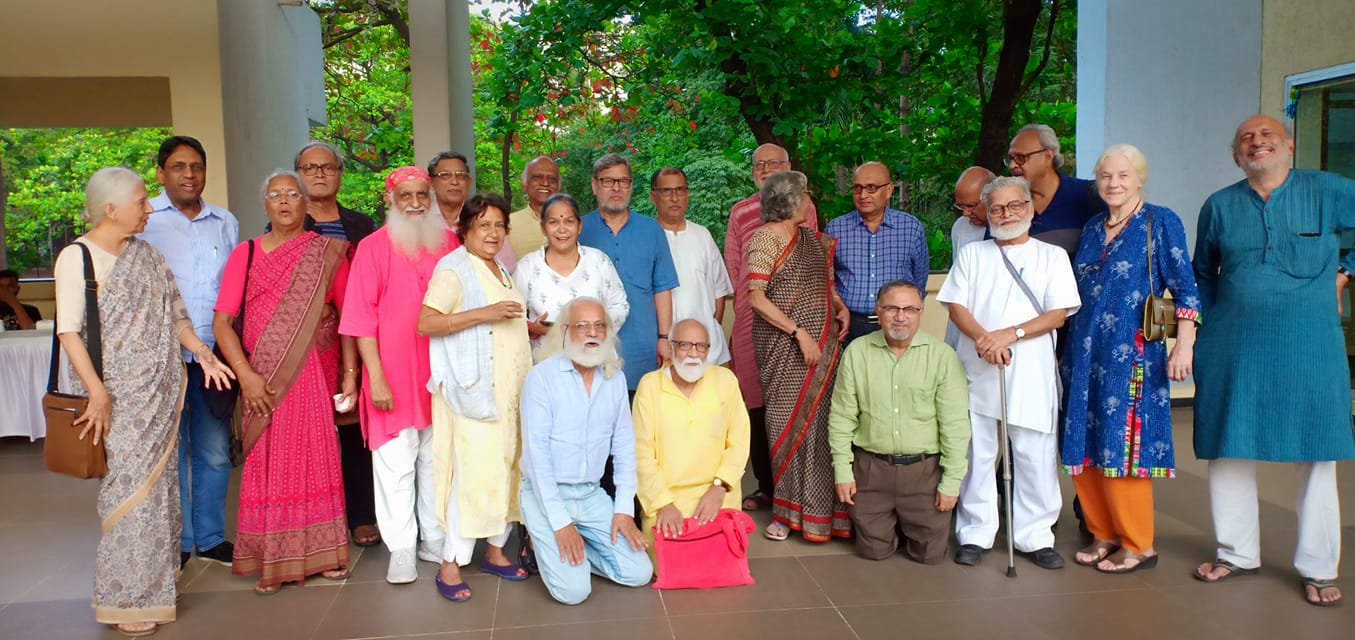NGOs
When the movement has an independent political direction and the people are united, the worst instincts of the judiciary are to some extent subdued and the courts act in people’s interest. However, when the movement is weak and confused as it is now, it is clear to even the layman that the court will mainly act to crush whatever remains of the movements or stall until such a point where it basically achieves what it wants and the legal fight becomes meaningless. It will mire us in legal battles to exhaust us and defeat us. In this context, it is only by building the power of the people that we can survive and win. Post by Avinash https://www.facebook.com/112288804871403/posts/pfbid0YYUdYcCpBdQtGrYSdTx4orL23FbqtAt6bqk5f5scbGNLMbjuaLJxjGQYgTW7o3abl/
Lessons from the Amnesty India episode https://capindia.in/lessons-from-the-amnesty-india-episode/ July 21, 2022 the NPO should stay mindful that under FCRA, if the NPO in essence is receiving funds for a “definite cultural, economic, educational, religious or social programme” it cannot receive funds for such programs without FCRA license. Receiving a ‘grant’ disguised or camouflaged as a service or works contract would be fraught with risk for any entity that does not have prior permission or is not registered under FCRA;
Establishing a private company to receive foreign contributions is not a solution to bypass FCRA.
Post by Mira Savar: After 40 years old colleges who worked together in a youth organization frea ..front for rapid economic development got together at it's birthplace out powai Mumbai for 2 days of discussion and debate..seen here is dunu Roy of hazards comotte anil sadgopal Kishore bharati Javed Anand çitizens for Democrat y Shailesh Gandhi rti nalini Nayak fisheries Satish khot from Pune citizens and many more people who after their involvement with frea remained in social change activity. If there are any frea volunteer who read this do contact

Suggestion by VANI to Home Secretary, 20th May 2022
The recent news reports of alleged corrupt practices by some junior officials, intermediaries and voluntary organisations in the approval of applications for FCRA registrations/renewals has highlighted the risks inherent in current FCRA processes.
a 2013 report, The Future Role of Civil Society: https://www3.weforum.org/docs/WEF_FutureRoleCivilSociety_Report_2013.pdf “NGOs, labour leaders, faith-based organizations, religious leaders and other civil society representatives play a critical and diverse set of roles in societal development. In the last two decades these roles have shifted as the external environment for civil society has changed.”
Four scenarios: as a starting point for thinking about how the external environment might
influence the future role of civil society
Mad Max: governments exert strong security controls on both business and society.,
Transparently Blurred: where economic growth is relatively high over the period 2020-2030 and where
the government and private sector are both deeply engaged in tackling societal challenges. Access to data, technology and rigorous monitoring are the hallmarks of a revolution in both economic activity and social development.
Turbulence and Trust Deficits .. Yet, in the networked society, there is a significant latent desire for social engagement by citizens, particularly at the local level.
Privatized World .. inequality is extreme, and corporations play the most important role in society as the main providers of social services.
a “renewed focus on the essential contribution of civil society to a resilient global system alongside government and business has emerged”.
The report adds: “The definitions are changing as civil society is recognized as encompassing far more than a mere ‘sector’ dominated by the NGO community: civil society today includes an ever wider and more vibrant range of organized and unorganized groups, as new civil-society actors blur the boundaries between sectors and experiment with new organizational forms, both online and off.”
It lists of some of the activities civil society organizations are involved in, to demonstrate why governments frequently seem to court them in one breath and vilify them in another.
These include: holding institutions to account and promoting transparency; raising awareness of societal issues; delivering services to meet education, health, food and security needs; implementing disaster management, preparedness and emergency response; bringing expert knowledge and experience to shape policy and strategy; giving power to the marginalized; and encouraging citizen engagement.
Comment: In India, following this report, we had the UPA moving towards a NAC ( National Advisory Committee, RTI, and UBI (Universal Basic Income) and the BJP signalling the Squeeze of the Funding system of NGOs.
Who and what is 'civil society?' https://www.weforum.org/agenda/2018/04/what-is-civil-society/
When mobilized, civil society - sometimes called the “third sector” (after government and commerce) - has the power to influence the actions of elected policy-makers and businesses. But the nature of civil society - what it is and what it does - is evolving, in response to both technological developments and more nuanced changes within societies. Civil society groups are becoming more tech savvy as they use social media platforms and formats such as video and podcasts to raise awareness about their causes and charitable donations. But they are also using technology in ways that are more directly linked to improving the efficacy of their work.
